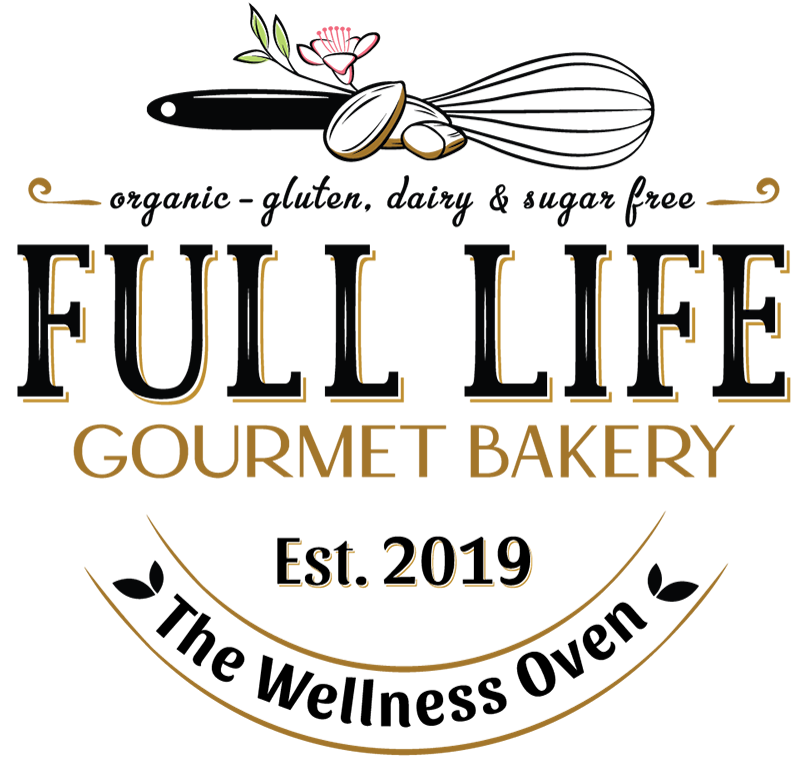
The pursuit of a fulfilling life is a universally shared ambition, the path to which is a complex mosaic of various lifestyle factors. The following discourse, backed by psychological and medical data, identifies the ten crucial factors, ranging from nutrition to socialization, that significantly contribute to the enrichment of human life.
- Nutritious Foods: Consuming balanced, nutritious foods is an imperative cornerstone of a fulfilling life. Adequate nutrition provides the physical energy and mental clarity necessary to function optimally. A diet rich in fruits, vegetables, lean proteins, and complex carbohydrates supports various body functions, boosts immunity, and reduces the risk of chronic diseases. Studies show that certain foods, such as dark chocolate, can even enhance mood by triggering the release of 'feel-good' chemicals like dopamine (Bruinsma & Taren, 1999).
- Regular Exercise: A consistent exercise regimen is vital for physical well-being and emotional resilience. Exercise stimulates endorphins, neurotransmitters that alleviate pain and instigate a positive emotional state (Giacobbi et al., 2005). Regular physical activity also curtails the risk of numerous health problems, such as cardiovascular diseases, diabetes, and obesity.
- Meaningful Work: Engaging in work that is meaningful contributes significantly to a fulfilling life. Such work need not necessarily be paid employment but should provide a sense of purpose and personal satisfaction. Research highlights that work engagement is associated with higher life satisfaction, lower mental distress, and positive emotional states (Hallberg & Schaufeli, 2006).
- Beliefs and Values: Personal beliefs and values act as guiding principles, enabling us to make sense of our experiences and shape our behaviors. Strong alignment with one's values is linked to greater life satisfaction and well-being (Sagiv & Schwartz, 2000). Positive belief systems can also foster resilience, providing psychological strength during challenging times.
- Family Relationships: Close familial ties offer emotional security, belonging, and mutual support, significantly contributing to a sense of fulfillment. Strong family relationships are associated with lower psychological distress and improved physical health (Umberson & Montez, 2010).
- Friendships: Friendships provide emotional support, companionship, and opportunities for shared experiences. Strong friendships are associated with enhanced mental well-being and longevity. Moreover, friends can serve as a source of positive influence, motivating individuals towards healthier lifestyles (Holt-Lunstad et al., 2010).
- Outdoor Activities: Spending time outdoors, whether it's walking in a park, hiking, or gardening, is associated with improved mental health and well-being. Exposure to nature reduces stress, enhances mood, and promotes physical activity (Bowler et al., 2010). Additionally, sunlight exposure is critical for vitamin D synthesis, which is vital for bone health and immunity.
- Socialization: Humans are inherently social creatures. Active socialization reduces feelings of loneliness and enhances emotional well-being. Participation in community activities, clubs, or volunteering promotes a sense of belonging and purpose (Cornwell & Waite, 2009).
- Lifelong Learning: The quest for knowledge and skill development fosters cognitive vitality, self-esteem, and life satisfaction. Lifelong learning encourages adaptability, creativity, and resilience, rendering life more fulfilling (Jenkins, 2011).
- Mental Health Management: Prioritizing mental health is fundamental. Techniques like mindfulness, meditation, and cognitive-behavioral strategies can alleviate stress and anxiety, enhance mood, and promote a balanced perspective towards life’s challenges (Hofmann et al., 2010).
In conclusion, a fulfilling life is attainable through a holistic and multidimensional approach, integrating nutritious foods, regular exercise, meaningful work, personal beliefs, familial and friendly relationships, outdoor activities, socialization, lifelong learning, and mental health management. It's essential to remember that individual needs and preferences may vary, and what works best for one person may not work for another. Hence, individual customization within these broad parameters can optimize personal fulfillment.




